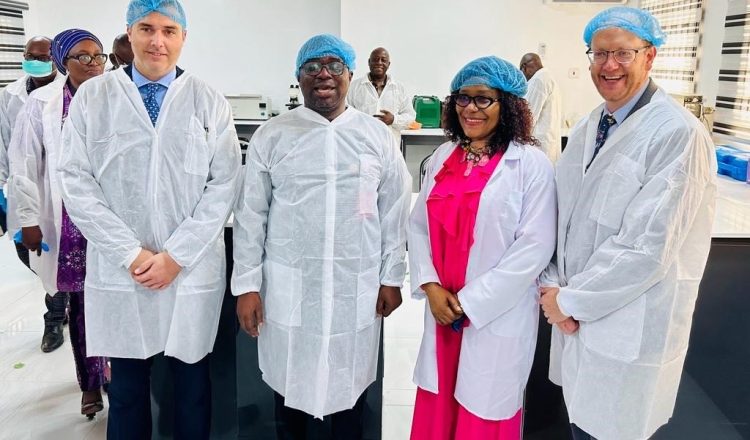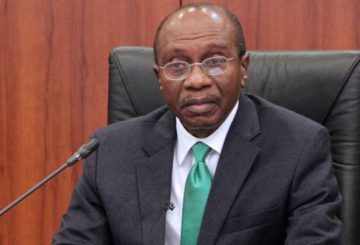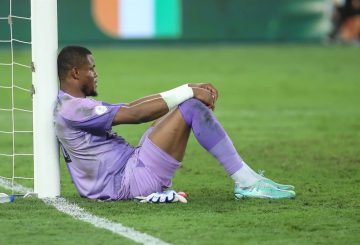The United Nations Office on Drugs and Crime (UNODC) has collaborated with Nigeria’s National Drug Law Enforcement Agency (NDLEA) to inaugurate an advanced forensic laboratory. This joint effort, facilitated by the United States Bureau of International Narcotics and Law Enforcement Affairs (INL), marks a crucial step in enhancing Nigeria’s capabilities to combat drug-related crimes effectively.
The newly upgraded forensic laboratory, located in Ikoyi, Lagos State, was officially commissioned during a ceremony where General Mohamed Buba Marwa (Rtd.), Chairman/CEO of NDLEA, expressed optimism about the profound impact this facility would have on the agency’s operational standards. General Marwa highlighted that the advanced analytical equipment provided by the facility aligns with international laboratory procedures and best practices, ultimately fortifying the evidence-based analytical processes in forensic analysis.
UNODC’s involvement goes beyond infrastructure upgrade. The project includes the training of 20 NDLEA forensic analysts, equipping them with skills in drug identification and the safe handling of synthetic opioids. The initiative further encompasses the supply of safety bags containing Personal Protective Equipment (PPE), 20 test kits for drugs and precursor chemicals for field identification, and the provision of laptops, desktop computers, and other ICT accessories.
Femi Babafemi, represented by the NDLEA’s Director of Media and Advocacy, emphasized the pivotal role that modern forensic laboratories play in the successful fight against illicit drugs. He underscored their significance in identifying drug exhibits, investigating illicit drug manufacturing, and dismantling clandestine laboratories. In essence, these labs reinforce the criminal justice system, contributing substantially to law enforcement efforts.
U.S. Consul General Will Stevens acknowledged the ongoing security cooperation between the United States and Nigeria. He emphasized the global nature of the opioid crisis and the need for a coordinated response. The $500,000 investment by the U.S. Mission, in partnership with UNODC and NDLEA, will ensure that Nigeria has the necessary state-of-the-art equipment and training to identify and analyze suspicious substances and evidence.
Danilo Campisi, UNODC Deputy Country Representative, praised the effective collaboration between UNODC, the U.S. Government, and NDLEA. He highlighted the success of the first phase of the project, consisting of technical assistance, equipment provision, and capacity building. Campisi affirmed that the next phase, spanning the next 12 months, aims to consolidate these interventions, ensuring that criminal drug trafficking networks are dismantled and brought to justice.





